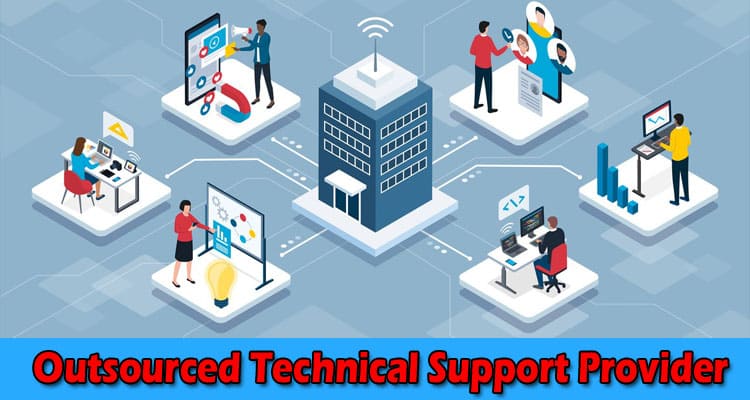In the fast-paced world of business, staying competitive often requires focusing on core competencies and outsourcing non-core functions. One critical area that many businesses choose to outsource is technical support. Outsourcing technical support can streamline operations, enhance customer satisfaction, and reduce costs. However, selecting the right outsourced technical support provider is crucial for achieving these benefits. Here’s a comprehensive guide to help you navigate the process and make an informed decision.
Table of Contents
1. Define Your Support Needs
Begin by clearly defining your technical support requirements. Identify the specific services you need, such as 24/7 helpdesk support, troubleshooting, software updates, or remote assistance. Understanding your needs will help you match them with the capabilities of potential providers.
2. Assess Industry Expertise
Look for an outsourced technical support provider with experience in your industry. Industry-specific knowledge is invaluable when it comes to understanding your unique challenges, compliance requirements, and customer expectations. A provider familiar with your sector is more likely to deliver tailored solutions and a seamless support experience.
3. Evaluate Technical Proficiency
Technical expertise is the backbone of effective technical support. Assess the provider’s technical capabilities, including the proficiency of their support staff in handling your specific technology stack. Inquire about certifications, training programs, and the provider’s commitment to staying updated with the latest industry trends and technologies.
4. Consider Scalability
As your business grows, so will your support needs. Choose a provider with the scalability to accommodate your expanding requirements. A flexible outsourced technical support partner can seamlessly adjust their services to match your evolving business demands, preventing disruptions and ensuring consistent support quality.
5. Review Service Level Agreements (SLAs)
Thoroughly examine the service level agreements offered by potential providers. SLAs define the scope of services, response times, and resolution commitments. Ensure that the SLAs align with your business goals and customer expectations. Transparent and realistic SLAs are essential for building a strong partnership and maintaining a high level of service quality.
6. Analyze Communication Channels
Effective communication is paramount in technical support. Evaluate the communication channels provided by the outsourced support team, such as phone, email, chat, and ticketing systems. A multi-channel approach ensures that your customers can reach support in their preferred way, enhancing overall satisfaction.
7. Verify Security Measures
Data security is a top priority, especially when outsourcing technical support. Ensure that the provider has robust security measures in place to protect sensitive customer and business information. Compliance with data protection regulations should be non-negotiable.
8. Check References and Reviews
Before making a final decision, seek references from current or past clients of the outsourced technical support provider. Online reviews and testimonials can also offer valuable insights into the provider’s reputation, reliability, and the quality of their services.
9. Budget Considerations
While cost is a crucial factor, it should not be the sole determining factor. Consider the overall value offered by the outsourced technical support provider in relation to your budget. Look for a provider that offers a balance between cost-effectiveness and quality of service.
Conclusion
Choosing the right outsourced technical support provider is a strategic decision that can significantly impact your business’s efficiency and customer satisfaction. By defining your needs, assessing industry expertise, evaluating technical proficiency, and considering factors like scalability and communication channels, you can make an informed decision that aligns with your business objectives. Remember, a successful partnership with the right support provider can lead to enhanced customer experiences and long-term business success.


